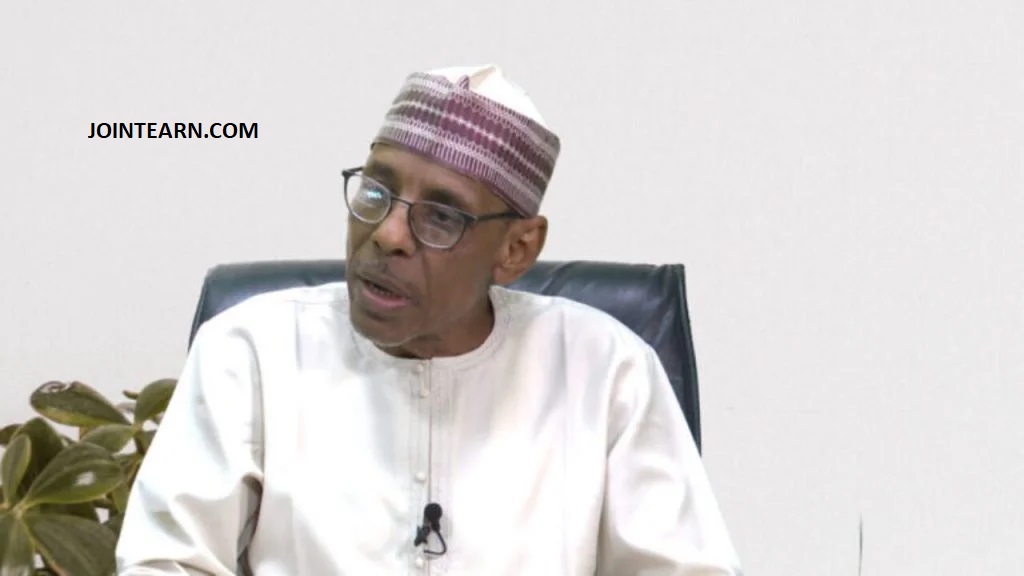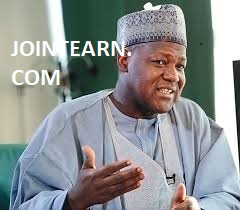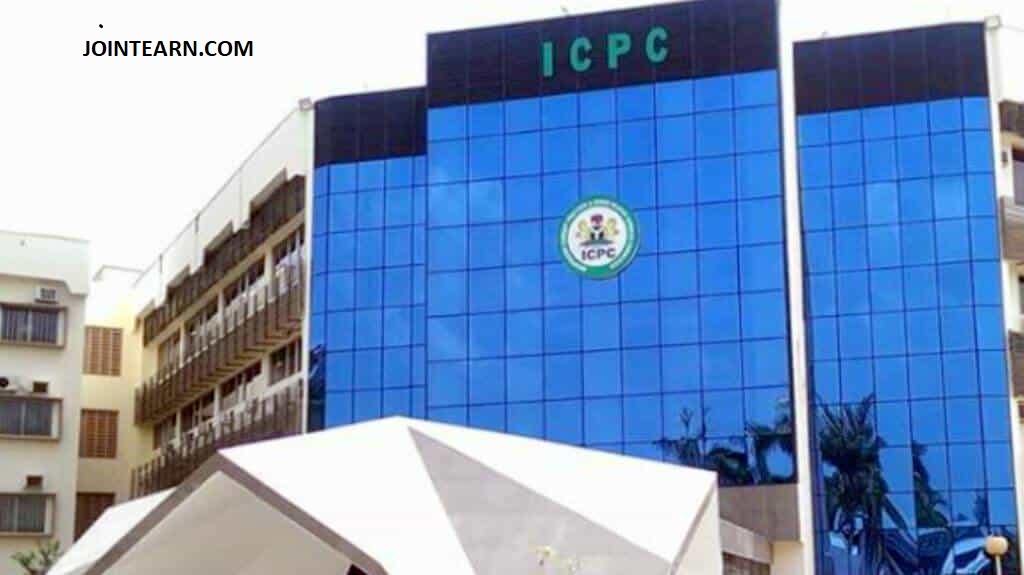Hakeem Baba-Ahmed, the Director of Publicity and Advocacy for the Northern Elders Forum (NEF), has delivered a strong critique of Nigeria’s political landscape, accusing political elites of using Northern voters merely as a stepping stone to power without meaningful engagement or development in return.
Speaking during a recent public discourse, Baba-Ahmed expressed deep frustration over what he described as a recurring cycle of political manipulation, where leaders only seek the support of Northern voters during election periods and abandon their promises once in office.
“We look like a region of voters that are used every four years,” he said. “We are gathered, we are manipulated, we are lied to, we are disrespected, and once the elections are over, we are discarded.”
The statement has sparked significant conversation across political and civic spaces, as it underscores a growing dissatisfaction among the Northern populace over how political leaders have handled development, security, and governance in the region.
Northern Disillusionment with Political Elites
Baba-Ahmed’s remarks reflect a broader sentiment of political fatigue and neglect that has taken root in many parts of Northern Nigeria. For decades, the region has remained a crucial battleground during presidential elections, often delivering massive voting numbers that help determine the outcome of national contests.
However, despite this electoral significance, many in the region feel shortchanged in terms of real dividends of democracy. High levels of poverty, insecurity from banditry and insurgency, poor infrastructure, and lack of educational opportunities continue to plague the region.
“We do not want to be used anymore. We want to be respected. We want our votes to count for something beyond getting someone into office,” Baba-Ahmed emphasized.
A Call for Political Awakening
The NEF spokesperson urged Northern citizens to rethink their approach to voting and to scrutinize candidates more rigorously. According to him, it is no longer sufficient to vote based on sentiment, party loyalty, or regional affiliation. He called for a shift towards evaluating candidates based on merit, vision, and ability to deliver on promises.
“We must wake up. The North must not allow itself to be reduced to a voting machine. We have issues, and we must demand that they are addressed,” he said.
He challenged political aspirants to offer clear, actionable plans for the development of the region and to engage more consistently with local communities, not just during election season.
Security and Development Top Priorities
Baba-Ahmed was particularly vocal about the security challenges ravaging many parts of Northern Nigeria. He pointed out that despite repeated promises from successive governments, the situation remains dire in states like Zamfara, Kaduna, Katsina, Niger, and parts of Borno.
He argued that no region can thrive under the shadow of violence, and called on political leaders to prioritize the safety of citizens above political ambitions.
“Our people are dying. Children cannot go to school. Farmers cannot access their lands. How long are we going to continue like this?” he asked.
Reactions Across the Country
Baba-Ahmed’s candid comments have drawn mixed reactions from across Nigeria’s political landscape. While some politicians have dismissed his comments as overly critical or alarmist, several civic groups and ordinary Nigerians have praised his boldness in speaking truth to power.
Many social commentators see the statement as a wake-up call not only to the North but to all Nigerian regions that feel disenfranchised or marginalized by the country’s political system.
The Role of the Northern Elders Forum
The Northern Elders Forum has consistently played a significant role in shaping public opinion and political direction in the North. As one of its leading voices, Baba-Ahmed has been vocal about issues ranging from governance, federalism, restructuring, and equitable resource distribution.
The forum has often been a thorn in the side of successive administrations, holding them accountable for perceived failures, especially those impacting the Northern region.
In recent years, the NEF has expanded its focus to include youth empowerment, inter-regional dialogue, and the promotion of good governance nationwide.
Toward a More Accountable Democracy
Baba-Ahmed’s remarks bring to the fore the urgent need for electoral reform and a more participatory democracy where voters are not just seen as numbers but as stakeholders with real needs and expectations.
His call for Northern voters to demand more from politicians resonates with growing civic awareness, especially among the youth, who are increasingly using digital platforms to advocate for change.
With the 2027 general elections on the horizon, there is a growing consensus that Nigeria’s electorate—particularly in the North—may no longer be satisfied with empty promises and business-as-usual politics.
As Baba-Ahmed concluded, “We have played our part as voters for too long. It is time to play our part as citizens who hold our leaders accountable.”












